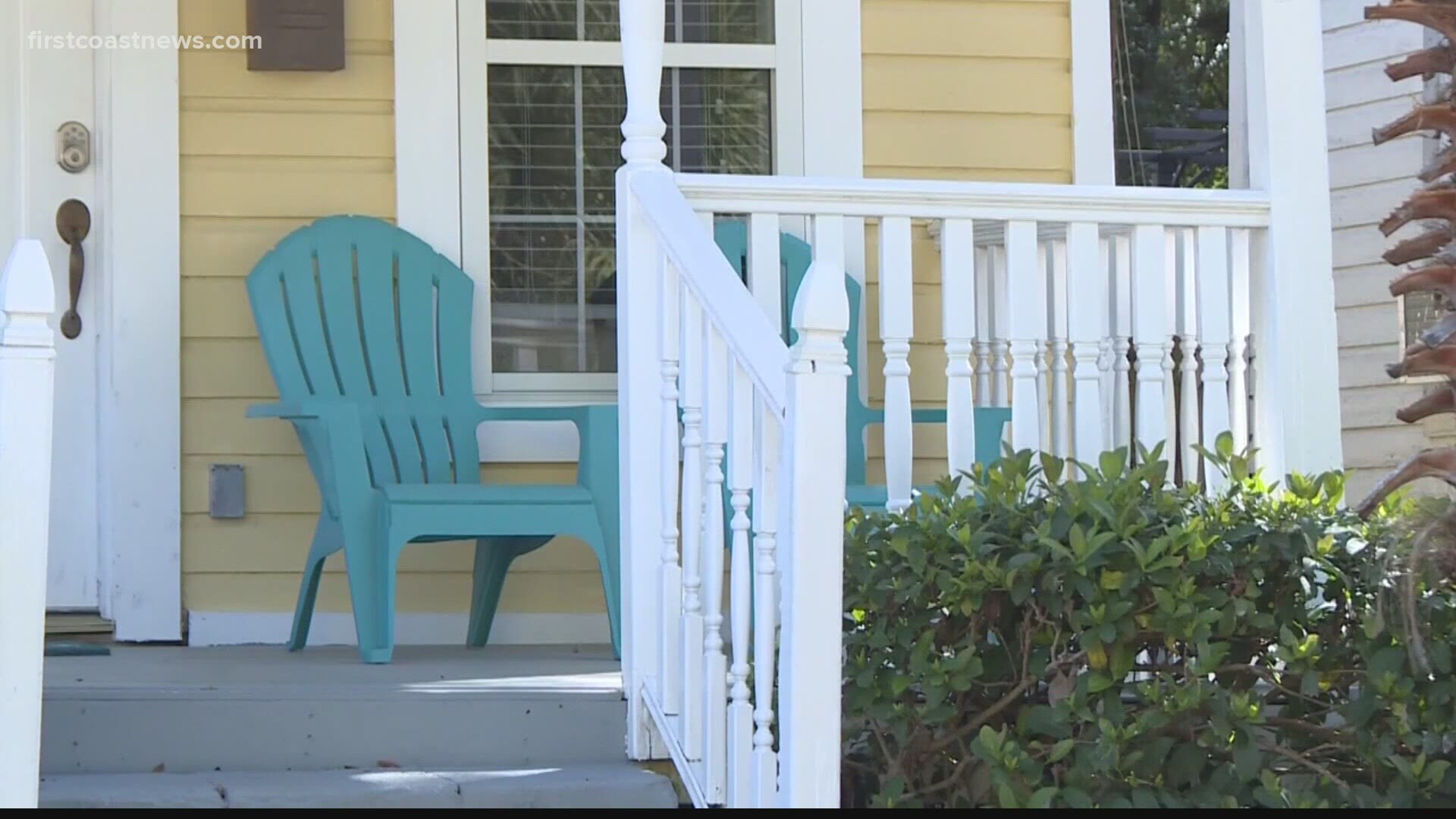JACKSONVILLE, Fla — The COVID-19 pandemic brought incredible financial stress for so many who lost their jobs or had cuts in their paychecks. Though many are on their way back to work, a pummeled credit score won’t be so quick to bounce back from.
Family Foundations’ Financial Stability Manager Sonya Fleshman said she has seen so many of those suffering during the pandemic fall down a slippery slope.
“You start with late payments and it can escalate to evictions, foreclosure,“ Fleshman said.
Evictions, foreclosure and item repossessions are all huge hits to a credit score.
“It will make it take a nose dive,” Fleshman said. “Really quick. Those are the worst things to have on your credit.”
It could take a long time to recover.
“It’s been a spiral. And I feel like I’ve been stuck in the spiral,” said Christina Brown, who lost her job and had to move in with a family member.
Brown has spent years trying to build her credit score to buy a house.
When she lost her job and racked up months of debt, her score went south.
“COVID completely destroyed that dream,” Brown said.
Kenneth Mayfield said his credit score dropped 300 points after getting in an accident during the pandemic and was unable to pay medical bills.
“I was nearing 700, so now I am back in the 400s,” Mayfield said.
Fleshman said the first steps are to stabilize and save.
“Only pay the necessities and the necessities come first,” Fleshman said. “Your mortgage and your rent comes first.”
Fleshman said it’s important to “trim the fat” and cut unnecessary expenses until you are stable once again.
Then, maintain good credit habits.
Pay bills on time and pay them off in full.
Keep the accounts that you do have open and active by making occasional purchases on them, but paying them off right away.
It’s also important to monitor what’s on your credit report.
“During the pandemic we can monitor our credit free on a weekly basis,” Fleshman said.
You can visit AnnualCreditReport.com, where you will see all the information that's collected about you that impacts your score.
It’s important to make sure your report is accurate, and if you find something in your report that's not right, you can start the process to clear it up.
Usually that service is free once per year, but it is free once per week through April due to the ongoing pandemic.

